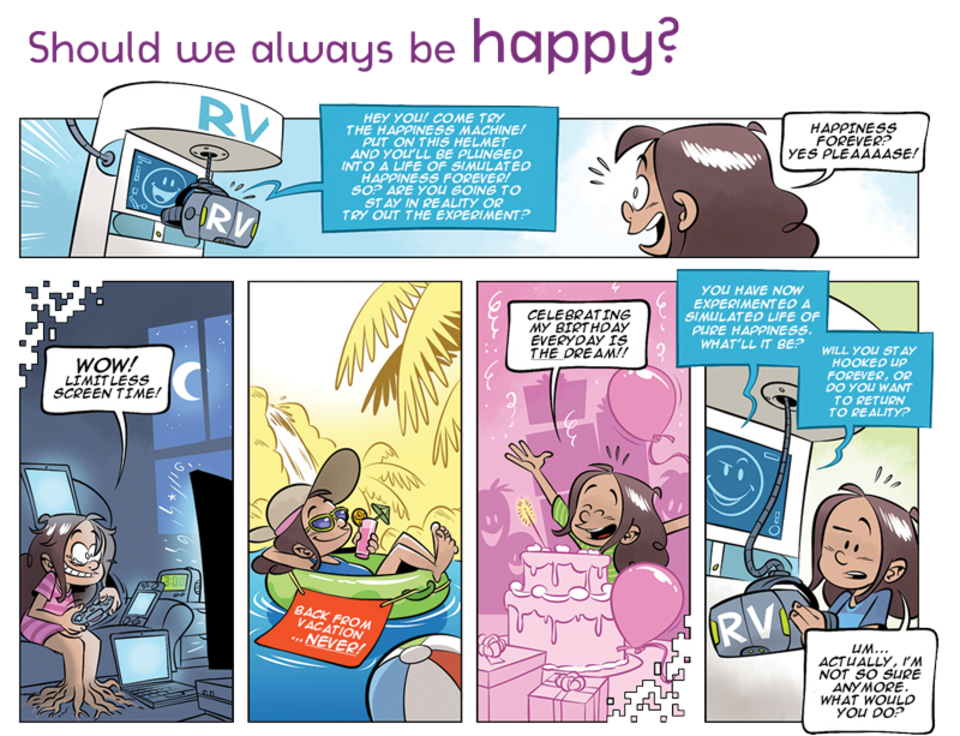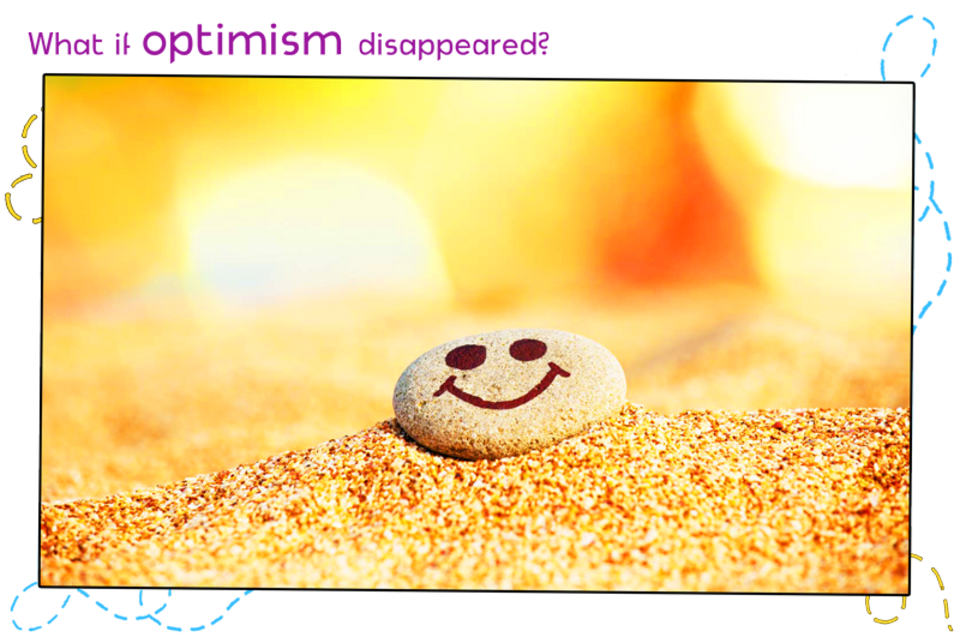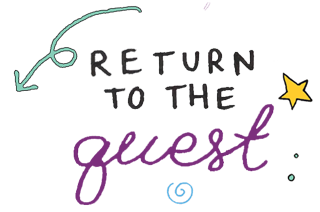
The disappearance of optimism
This activity is inspired by the Taktikou and Alterlumi dialogues from the philocreation approach of our community partner Brila.
...
| Objective: To propel alternative representations of optimism by investigating its disappearance! |
Duration: 30 to 60 minutes
Material:
- Your imagination
- Sheets of paper and pencils
Instructions:
Optimism has gone missing! As a seasoned investigator, you have the important task of solving the case. A list of potential suspects has already been drafted: Uncertainty, Loss, Worry, Seriousness and Change are raising suspicions! Who do you think is behind this kidnapping that is all over the news?
...
- Choose the concept. Optimism has been kidnapped! Which concept among the following options do you think could be responsible for its disappearance: uncertainty, loss, worry, seriousness or change? Choose the concept that could have committed this crime and then offer reasons to explain and justify your choice. Why would the criminal-concept target optimism?
- Imagine the story. To test your ideas, write and illustrate the story of this disappearance in the spirit of a crime novel. First, imagine the crime scene. Where was optimism at the time of its disappearance? What clues did the criminal concept leave behind? How do these clues help you identify it? Then consider the consequences of optimism’s disappearance. What does a world without optimism look like? How is it similar or different from ours? Finally, think about some strategies that might help you find optimism. Hmm... that is, unless you think it would be better to never find it again!
- Join the story. What about you? Would you like to live in a world where optimism is gone? Why or why not? Try to identify negative and positive aspects of this disappearance. Then answer the following questions: Should you always be optimistic? Should we trust that "things will be okay"? Can we be too optimistic? Is optimism a strength... or a weakness?
...
Bonus: Have you ever seen a wanted poster? They're typical of western movies! In these movies, you often see a poster that says "WANTED" above a picture of a criminal on the run. The poster also includes the reason why the person is wanted, a warning about how to approach them based on their character, and a reward for catching the criminal. To take your creative thinking further, design a wanted poster for the criminal concept you have chosen. First of all, as in the Idea stretching activity, imagine what the concept would look like if it were a living creature and what its personality would be. Then, on a blank piece of paper, write "WANTED" on the letterhead and draw the criminal concept underneath. Finally, don't forget to include all the elements identified above! To give you an example, if we were to create a wanted poster for the concept of sadness, it might read: WANTED Approach with care: The individual may need a friend or prefer to be alone. Reach out to them to welcome their worries. If they refuse, tell them that you are around if they ever need support to carry their heavy heart. Reward: Two attentive ears and an empathetic smile. |
Bonus plus: What if there was a machine that allowed you to see only the bright side of things... would you hook yourself up to it? The philosopher Robert Nozick imagined such a machine: a "happiness machine" able to provide you with any happy experience you want... while you're floating in a tank with electrodes attached to your brain! If you had to choose between continuing to live your life with its difficulties and sorrows, or plugging into this happiness machine forever, which would you choose and why? |

This comic strip is reproduced with permission from the philosophy columns of our community partner Les Débrouillards magazine. It was produced in collaboration with our team at the Institute of Philosophy, Citizenship and Youth.

| Tricks for tots: Are you more optimistic or pessimistic? To find out, fill a glass halfway with water and take a moment to look at it. Do you think it's half full or half empty? They say that if you see the glass half full, it's because you're optimistic—you look on the bright side of things. If you see the glass half empty, it's because you're pessimistic—you look on the dark side of things. Ask other people who live with you to try the experiment by looking at the same glass. Do you all have the same answer? Do you think one way of looking at the glass is better than the other? Why or why not? Try to compare this experience to life in general: Do you think it is important to look at the bright side of things? Can it be useful, or even better, to see the negative side of things? Do all things have a silver lining? Why or why not? |
| Tips for teens: Modernity's paradigm has been one of optimism. Scientific inquiry and its technological applications created the conditions for a better world and inspired their philosopher counterparts. According to them, human reason paves the way for a future of progress, and the arc of history bends toward justice! Nowadays, it’s pessimism that seems to be in vogue: "We are not even asked to believe in progress anymore, and we no longer believe in it, tending instead to fear the worst," wrote thinker Michel Freitag. If we are asked to imagine the world of tomorrow, our minds do not wander long before sketching a dystopian landscape: Overpopulation, overconsumption, pollution, destruction, extinction... "Obviously, it is easier to imagine the end of the world than the end of capitalism!” would say philosopher Slavoj Žižec. In a society where science and technology have reached such great heights, how is it so difficult to hope for a better world? Do scientific and technological progress go hand in hand with the progress of humankind? Perhaps pessimism allows us to face reality... but does it prevent us from imagining another possible world? Should we be more optimistic? Why or why not? |
Share your creative reflections by sending them via email.
Include photos of your projects and notes of your thoughts, as well as your first name and your age!


